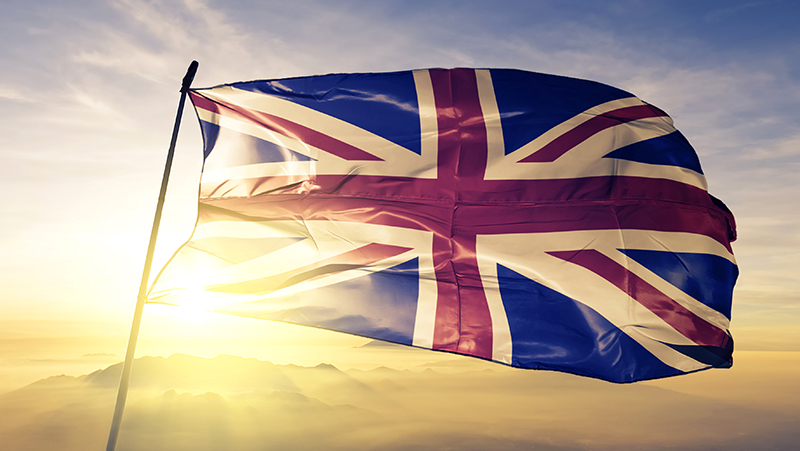UK GDP inched into positive territory with 0.2% growth in January, a change from December’s 0.1% fall.
The Office for National Statistics marked the services sector as the largest growth contributor for the month, rising 0.2%, but the sector had no change in the three months to January. Construction also ticked up by 1.1% in January after a 0.5% fall in December. However, production, which rose by 0.6% in December, fell 0.2% in January.
Michael Field, European market strategist at Morningstar, said: “The UK officially entered a technical recession in the last quarter of 2023, so today’s reading could mean that we have already moved out of recession. To put this number into perspective, however, the UK economy has effectively been at a standstill for the last 12 months, with the government’s own forecasts pointing to growth of less than 1% in 2024.
See also: Allianz, Guinness and Nordea top FundCalibre asset manager rankings
“Inflation in the UK remains high, at almost twice the Bank of England’s targeted level; however, central bankers are walking a tightrope in balancing the danger of persistent inflation with a weak economy. Interest rates sit at 16 year highs, which gives central bankers some room for manoeuvre at least. We expect a rate cut sooner rather than later.”
The Bank of England opted to keep rates at 5.25% in a 6-3 vote on 1 February, with only one voting to cut rates.
Lindsay James, investment strategist at Quilter Investors, said: “While the 0.2% uptick represents just one month of data, after a better start to the year for the services and construction sectors, it could represent the start of a slightly more positive period for the UK given some of the challenges facing the economy are beginning to ease.
“Inflation is expected to fall in the coming months, due in part to a lower energy price cap which could help alleviate the pressure on UK households and support the recovery of the consumer-driven economy. With this in mind, alongside this morning’s GDP figure, the UK inflation print next week will be closely watched by the Bank of England ahead of its interest rate decision the following day.”
Tomasz Wieladek, chief European economist at T. Rowe Price, also noted the positive growth for services as a sign of sustainable growth, and said the UK economy “seems to be past the worst”.
“The strong fiscal stimulus provided by the government in November and March will likely keep the economy on this expansionary path. The cuts to national insurance will have a high multiplier on consumption and there will also likely be a labour supply response,” Wieladek said.
See also: Spring Budget 2024: Pensions to disclose amount invested in UK equities
“Overall, differences in the stance of fiscal policy this year mean the UK economy may grow faster than the euro area.”
UK markets, which have struggled in recent years in comparison to its peers, could also benefit from a period of growth and positive views, investment director at Fidelity International Tom Stevenson said.
“The improving outlook for the UK economy is likely to lead to a positive shift in sentiment towards the UK stockmarket which has fallen behind international peers during the sharp recovery from last autumn’s low point,” Stevenson said.
“The underperformance of British shares has led to a historically wide valuation gap compared with markets such as the US, Japan, and India, all of which are trading at or close to record highs. Both the FTSE 100 and FTSE 250 are valued at around 11 times expected earnings compared with more than 20 for the S&P 500.”
This article was written for our sister title Portfolio Adviser








